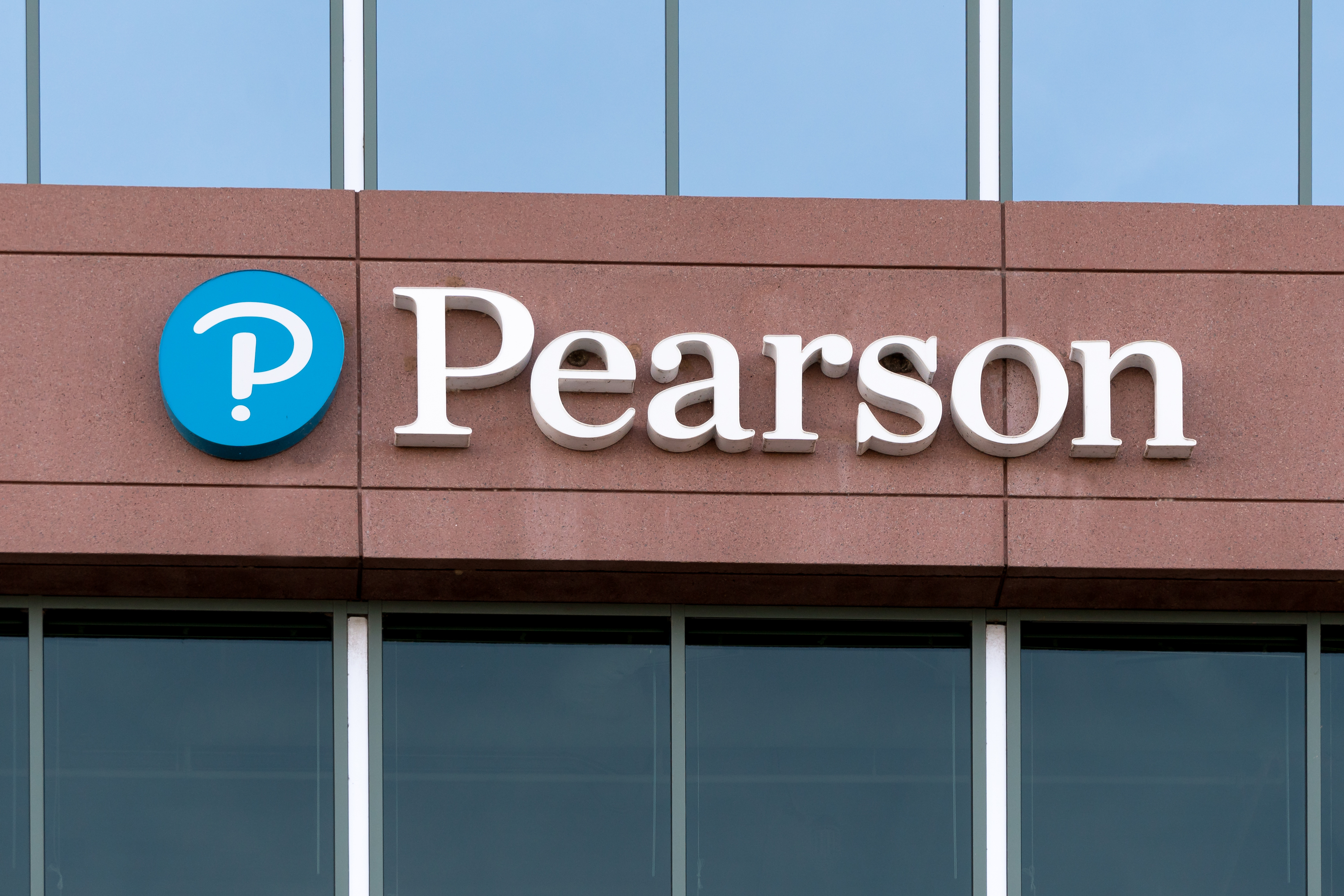New threats, old tricks
Verizon's latest Data Breach Investigations Report finds hackers using old techniques to compromise corporate IT and steal data

Inside the Enterprise: In the IT security world, as in so much of technology, there is a fascination with the new. Identifying new and emerging threats is an obsession, and a business, for plenty of people in the industry. CIOs need to be kept abreast of any new risks their organisations might face.
Hackers, though, appear less fixed on new techniques. According to the latest Data Breach Investigations Report, compiled by Verizon, criminals are relying on phishing and hacking methods that have been around for years, if not decades.
Verizon which carries out this research annually says that 70 per cent of cyberattacks are now combined or blended attacks, using a mix of methods to overcome enterprises' defences. These include social engineering and phishing as well as hacking.
As many as 70 per cent of the attacks also use a secondary victim, making defence and attribution harder.
But Verizon is also warning that too many attacks are able to make use of vulnerabilities and exploits that could and should have been patched some time ago. Researchers found significant numbers of vulnerabilities that dated back to 2007. Even in a busy IT department, there are few excuses for leaving a vulnerability unpatched that long.
Simple errors or oversights of this type such as failing to apply patches, update security software or hardware, or to keep up employee training only serve to make cybercriminals' work easier.
It also allows hackers to exploit another trend: for malware to sit on systems, undetected, for long periods of time. So-called "advanced persistent threats" set out to be stealthy, so they can avoid the attention of security teams and extract data over an extended period of time.
Get the ITPro daily newsletter
Sign up today and you will receive a free copy of our Future Focus 2025 report - the leading guidance on AI, cybersecurity and other IT challenges as per 700+ senior executives
Hackers are also hiding malware on organisations' networks, often using known vulnerabilities, or be activated to attack networks later, at will.
As Verizon's researchers point out, the fact that hackers are exploiting known and often old vulnerabilities means that many of the current attacks could be stopped.
The company points to some fairly measures to do this, including raising security awareness, using two-factor authentication and encryption, prompt patching and paying attention to both physical and virtual security.
Financially, this also makes sense. One interesting part of this year's Verizon DBIR is the attempt to quantify the cost of breaches.
The firm has reviewed almost 200 cyber insurance claims, and found that a breach involving the loss of 10 million records ranges between $2.1 million and $5.1 million and could even cost as much as $74 million. "We now know that it's rarely, if ever, less expensive to suffer a breach than to put the proper defence in place," said Verizon's Mike Denning.
If that's not an incentive to review security policies, then it is hard to know what is.
Stephen Pritchard is a contributing editor at IT Pro.
-
 Why keeping track of AI assistants can be a tricky business
Why keeping track of AI assistants can be a tricky businessColumn Making the most of AI assistants means understanding what they can do – and what the workforce wants from them
By Stephen Pritchard
-
 Nvidia braces for a $5.5 billion hit as tariffs reach the semiconductor industry
Nvidia braces for a $5.5 billion hit as tariffs reach the semiconductor industryNews The chipmaker says its H20 chips need a special license as its share price plummets
By Bobby Hellard
-
 Capita tells pension provider to 'assume' nearly 500,000 customers' data stolen
Capita tells pension provider to 'assume' nearly 500,000 customers' data stolenCapita told the pension provider to “work on the assumption” that data had been stolen
By Ross Kelly
-
 Gumtree site code made personal data of users and sellers publicly accessible
Gumtree site code made personal data of users and sellers publicly accessibleNews Anyone could scan the website's HTML code to reveal personal information belonging to users of the popular second-hand classified adverts website
By Connor Jones
-
 Pizza chain exposed 100,000 employees' Social Security numbers
Pizza chain exposed 100,000 employees' Social Security numbersNews Former and current staff at California Pizza Kitchen potentially burned by hackers
By Danny Bradbury
-
 83% of critical infrastructure companies have experienced breaches in the last three years
83% of critical infrastructure companies have experienced breaches in the last three yearsNews Survey finds security practices are weak if not non-existent in critical firms
By Rene Millman
-
 Identity Automation launches credential breach monitoring service
Identity Automation launches credential breach monitoring serviceNews New monitoring solution adds to the firm’s flagship RapidIdentity platform
By Praharsha Anand
-
 Neiman Marcus data breach hits 4.6 million customers
Neiman Marcus data breach hits 4.6 million customersNews The breach took place last year, but details have only now come to light
By Rene Millman
-
 Indiana notifies 750,000 after COVID-19 tracing data accessed
Indiana notifies 750,000 after COVID-19 tracing data accessedNews The state is following up to ensure no information was transferred to bad actors
By Rene Millman
-
 Pearson fined $1 million for downplaying severity of 2018 breach
Pearson fined $1 million for downplaying severity of 2018 breachNews The SEC found the London-based firm made “misleading statements and omissions” about the intrusion
By Rene Millman